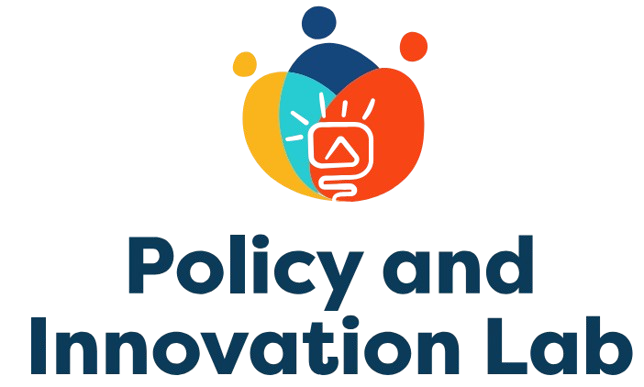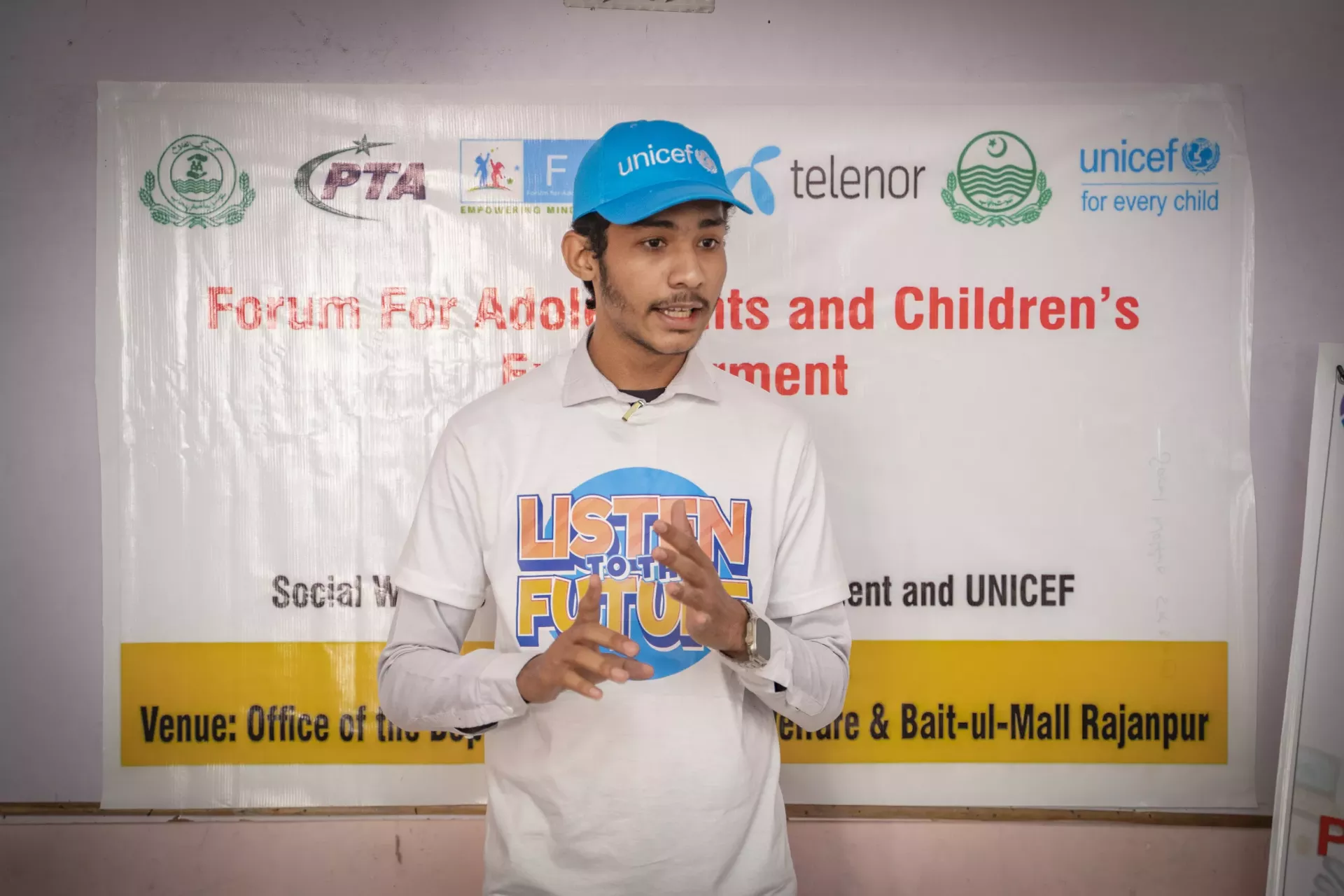With support from Telenor, UNICEF and the Pakistan Telecommunication Authority (PTA) are raising awareness on how to protect children in Pakistan from the risks they face online
Rajanpur, Punjab: Shahzeb, 15, from Rajanpur, is a boy on a mission. Like many kids his age, Shahzeb loves spending time online, but his interests go beyond gaming and social media. He uses the internet to market real estate properties, with one of his videos recently attracting 22,000 views. One day Shahzeb hopes to become a billionaire through his digital efforts, but he is not just focused on personal success. Shahzeb is passionate about helping other children navigate the digital world safely.
“I see so many children spending hours playing games online. They don’t realize the dangers that come with it,” says Shahzeb. “There are real threats like adult strangers connecting with children with fake profiles, so I wanted to do something about it.”
Shahzeb joined the Forum for Adolescent’s and Children’s Empowerment (FACE), a joint initiative by Telenor, the Pakistan Telecommunication Authority (PTA) and UNICEF, where he received training on child online protection. The training covered critical topics like privacy, bullying, harassment and parental controls.
“I learned a lot about staying safe online. Since I am always on the internet, it really opened my eyes. I knew I had to share it with other kids,” said Shahzeb.
Many children are turning to the digital world to connect with others, share content and become influencers, but most remain unaware of the dangers of digital spaces.
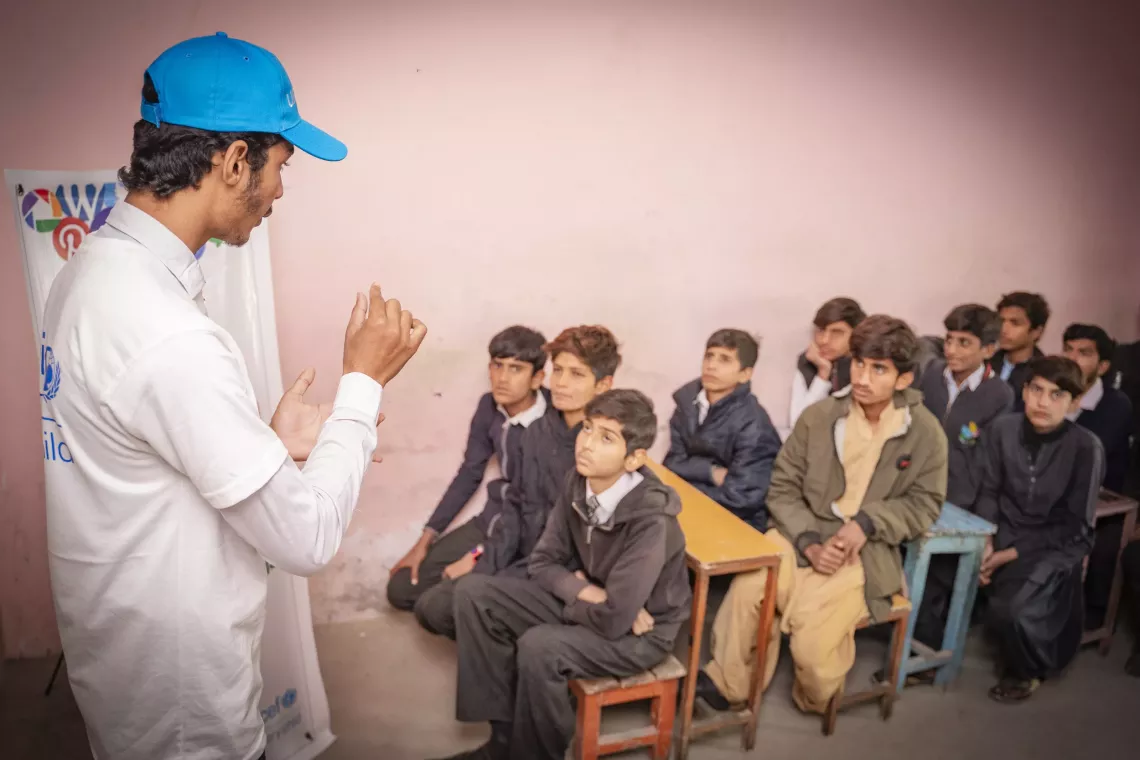
Shahzeb started speaking with his friends in school and convinced others to join FACE and raise awareness on child online protection. Together, they began talking to children, teachers, parents, and caregivers in Rajanpur, teaching them about the risks online and how to protect children in the digital world.
Shahzeb now volunteers on his Saturdays to visit schools and communities, where he speaks directly with children and caregivers about online safety, covering issues like privacy settings, identifying and reporting bullying, using parental controls, and contacting helplines in case of online harassment.
“I want every child and parent in Pakistan to know how to stay safe online. This knowledge is not just helpful; it’s necessary,” said Shahzeb.
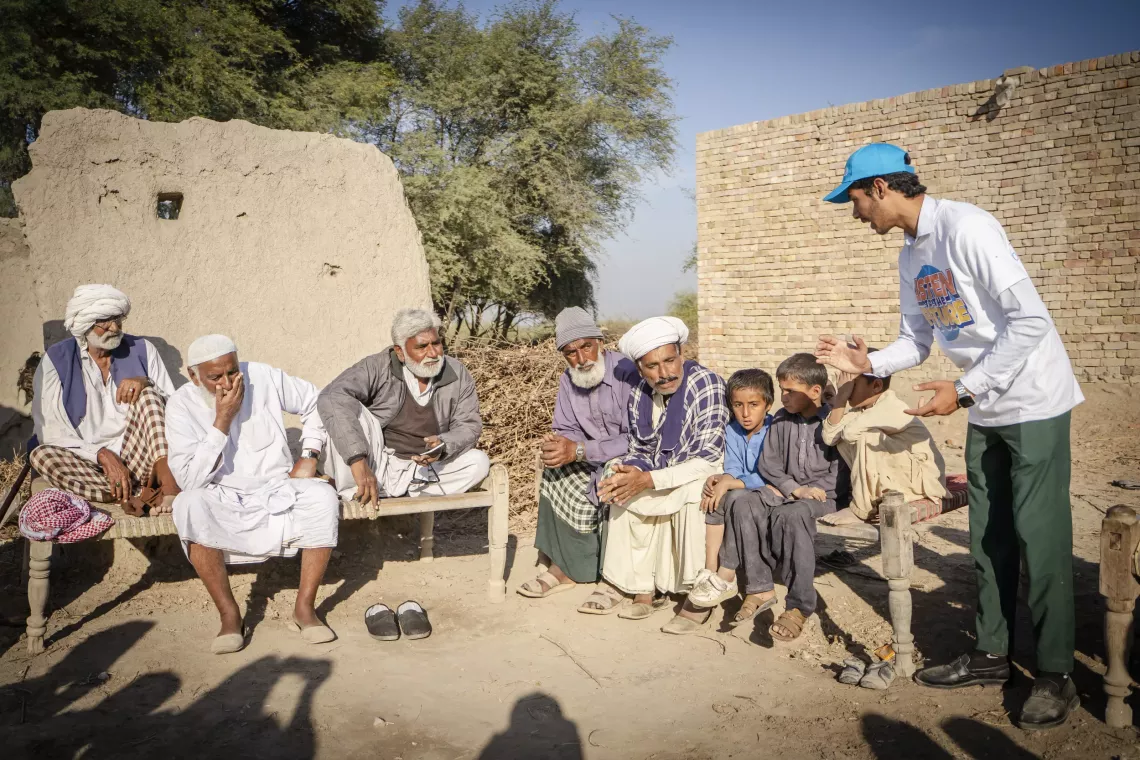
Shahzeb’s efforts have not gone unnoticed. His blogs and videos on child online protection have attracted over 2,000 followers. Through his online presence, he is reaching children and families far beyond his district. Yet, Shahzeb knows that in-person sessions are vital to create a lasting impact.
“When I talk to other teenagers and children, I see how curious they are and how many questions they have. It shows me we still have a lot to do to help everyone understand these issues. I want to make the internet a safe place for every child in Pakistan,” added Shahzeb.
UNICEF, with support from Telenor and PTA, developed child online protection training manuals and delivered training sessions to adolescents, caregivers and educators in Islamabad, Dera Ismail Khan, Khyber Pakhtunkhwa Province, Lahore, Punjab and Pakistan-Administered Kashmir.
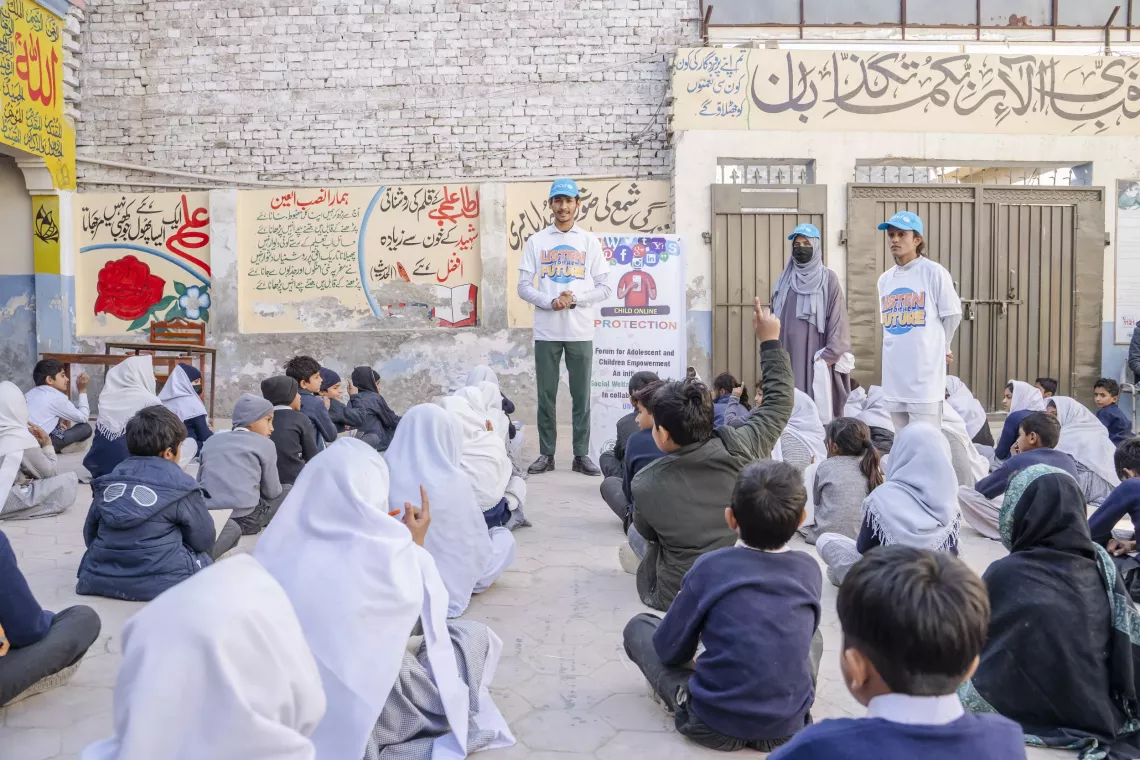
A digital child online protection campaign was simultaneously launched by UNICEF, Telenor and PTA, to build awareness on bullying, harassment, online child sexual exploitation and abuse, privacy checks and parental controls.
So far, the in-person training sessions have reached 645 children, caregivers and educators, while 90 facilitators will roll out the child online protection sessions in Punjab 2025. The digital campaign supported by pro-bono ad credits has received over 122 million views and 700,000 engagements across UNICEF digital platforms.
Further expansion for in-person training is planned next year. Training sessions will take place in Sindh and Balochistan in January 2025, so more passionate and creative children like Shahzeb can help their peers to stay safe online.
Author:
Saima Khan
